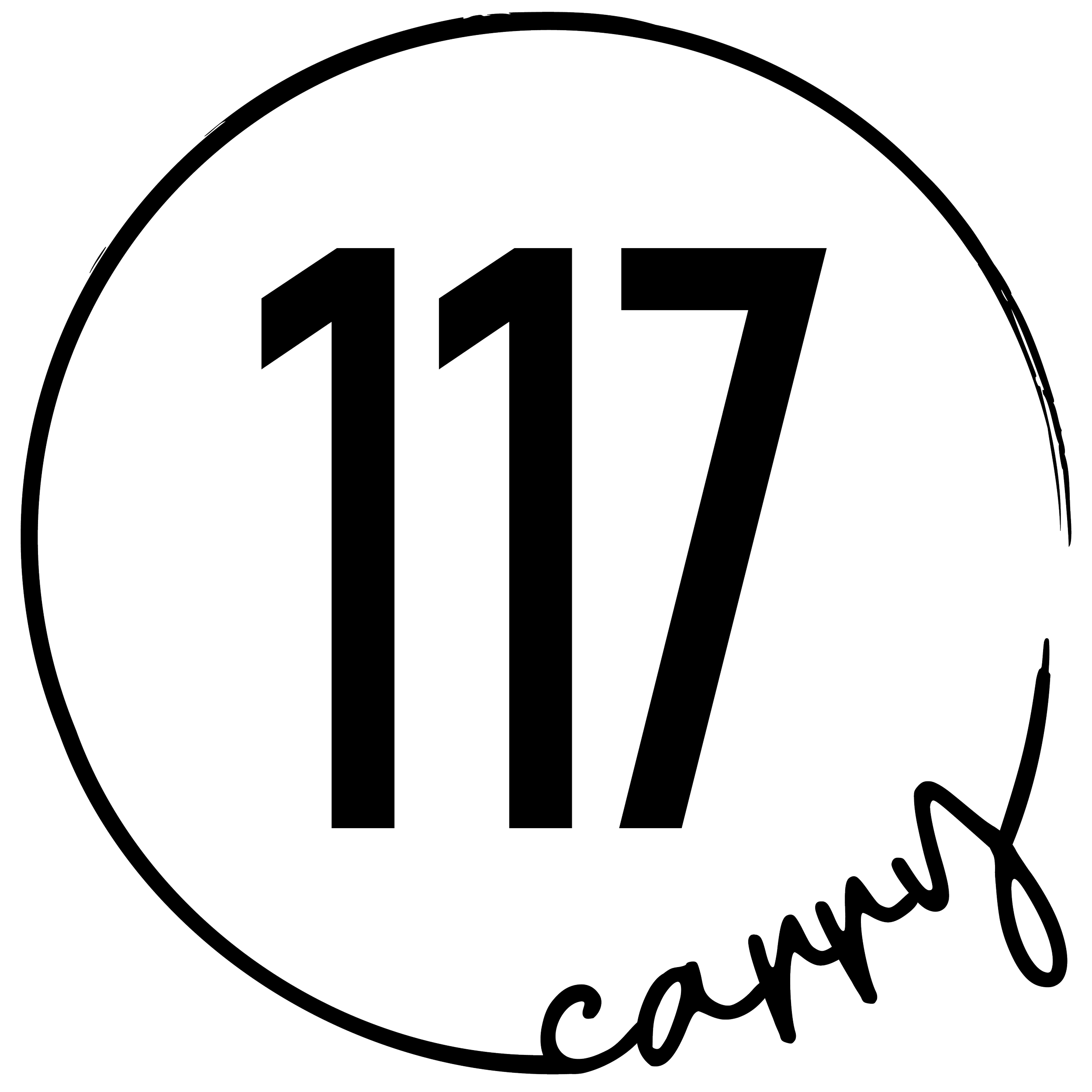The Problem With a "Fix It" Mentality [117 Trip Chronicles]
I have been to a lot of different countries on mission trips. I have rewired compounds, built houses, painted schools, taught English, held babies, put on VBS, and constructed bridges.
Maybe you have too.
I can remember the very first mission trip I went on in middle school. My 8th grade class visited a small church in the western United States to fix up and clean houses of some of the members of the local church there. That was the first time I can remember connecting skills that I actually had, with needs that had to be met. That connection was electrifying, meaningful, and life-giving.
From that moment on, I traveled all over the world, taking one trip every summer well into my 20s. I sought out mission trips where I could use the construction skills I had to make a difference, and really, to fix problems.
But eventually I started to think, “Is what I am doing actually making a difference?”
I realized that I was leaving some quality work in those countries.
A floor for a back room in a church in Costa Rica.
A small house for a family in Mexico.
A tiny foot bridge across the gutter in Ethiopia.
But I don’t think God sent me to build physical bridges. He sent me to minister to His people, and for His people to minister to me. He sent me on these trips to build relational bridges.
I have learned that often the best way to get someone to go on a mission trip is to give them something to do. It’s much easier to work toward a specific goal. When we can do something with our hands, we can easily picture ourselves as a part of that mission. We focus on what we can do to fix what we think is wrong about the place we are traveling to.
Now don’t get me wrong, there is genius in this strategy. But there is also harm. When someone goes on a trip to fix a problem, they can so easily miss the people God is placing in front of them. What I have come to realize is that people are the key.
You see, the purpose of going to Costa Rica was not for me to go pour a concrete floor in a back room of a church. The purpose of going to Costa Rica was for me to minister to the pastor of that church and his family. The best way I could do that though, was to put a floor in the room where his church members gathered to eat a meal together.
The purpose of my trip to Mexico was not to build a small house for a family there. The purpose of my trip was to show a family in Mexico that I loved them and cared about them, and that house was just a means to do that.
The purpose of my trip to Ethiopia was not just to build a bridge. The purpose of my trip was to walk across that bridge, and into a compound where women were given jobs to support their families. The purpose was to learn their names, get to know them, and build relationships with them.
But when we only have the goal of fixing problems, it distracts from sitting with people and building a relationship with them.
So much dignity is given to a person when time is spent with them simply because you want to get to know them and not because you want to fix a problem that they have.
With that in mind, here is your “to-do list” for the next time you are on a mission trip:
Learn as much as you can about the culture.
Sit with someone and get to know them.
Share your story with someone and ask about their story.
Ask a local to teach you some of their language, a new skill, or how to play a game.
Sit with people. These people can be babies, kids, mothers, grandparents, or priests. When you are simply present with a person, you show them that they matter.
Here is my hope. That you would go on mission trips. Go on the construction-focused, project-focused, goal-oriented mission trips where you build things and work hard and sweat more than you ever have before. But remember: do not look past the people you meet on your trip to the problems that need to be fixed. Learn their names, ask them how they are doing, let them get to know you. I know, I know… If that happens, you might not finish what you went there to do. That’s okay, though. You’ll be back, because of those people that became your friends, and maybe even your family.
